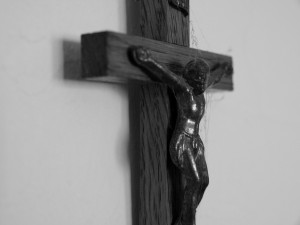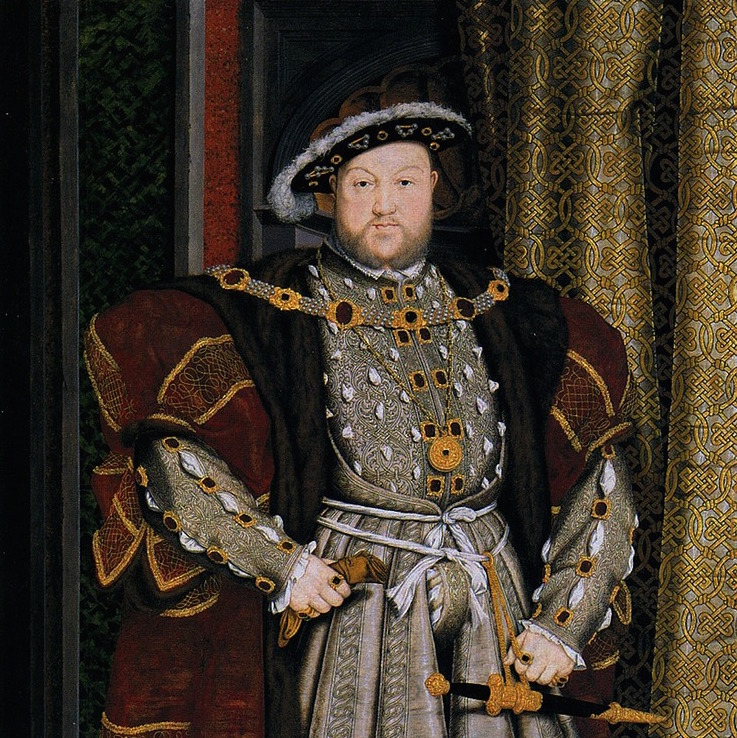 Last time I looked at theological systems that aim at the divine as the ultimate reality, and rejected pantheism and deism for monotheism. That still seems to leave a lot of ground to cover, but it’s actually not so bad.
Last time I looked at theological systems that aim at the divine as the ultimate reality, and rejected pantheism and deism for monotheism. That still seems to leave a lot of ground to cover, but it’s actually not so bad.
As I’ve said before I’ve had personal experiences of the presence of God. I don’t want to make too much of them, but there they are, and they are part of my experience. I don’t claim that you should believe on the basis of my experience, but contrarily it is something that I’m not going to ignore myself.
To put it another way, my experience is of a God that reveals Himself…which leads me to the question: what would it look like if a monotheistic God revealed Himself in history?
The first monotheism we know of for sure was that of the early Hebrews. It’s an interesting exercise to compare the Hebrew creation stories with those of their counterparts in the same region; atheists often do this and find stories of the Flood and such like throughout the Middle East, and claim that this somehow casts doubt on the Old Testament. But what I see when I look is a farrago of polytheistic creation stories of gods who were somehow birthed out of the cosmos, contrasted with the one shining thread that holds that God is creator of all that is and not one creature among many.
It seems to me that if it is God’s character to reveal Himself, He would do so early in history, and do so progressively over time; and I find it interesting that, so far as I’m aware, all significant monotheisms in human history have the Hebrew revelation as their root. (Yes, I’m discounting Ahkenaten—his brief career is fascinating, but it isn’t clear to me that Aten, though a singular god, was meant to be God in the sense of monotheism. And whether or no, belief in Aten was of extremely limited duration.)
The two primary offshoots of Old Testament Hebrew belief are Christianity and modern Judaism. I make the distinction between pre-Christian Hebrew belief and modern Judaism because modern Judaism stems from the one thread of Jewish belief (out of several) that survived the destruction of the Temple, and because that thread then developed in opposition to Christian belief.
As a Christian I naturally believe that Jesus is the fulfillment of Old Testament prophecy, and that Christianity is the main trunk attached to the Hebrew root with Judaism being a side branch. But I honor the Jews as God’s chosen people, with whom God made many covenants that He will not forget. My faith allows me to hope that they will be saved by their faith in God (as Abraham was), and I pray that they will be.
(The above is not intended to be a detailed explication of the theological relationship between Christianity and Judaism, which is a rather fraught and complicated one; don’t read more into it than is there.)
Islam comes next; and Islamic belief draws heavily on Jewish and Christian source material. Where I see Christianity and modern Judaism as both being continuous with the prior Hebrew revelation, Islam appears to be a break with both: having failed to get His message across, God is now correcting things through Mohammed. With all due respect to any Muslims among my readers, I don’t buy it. An almighty God is capable of getting His message across as He chooses.
Thus, I reject Islam and its offshoots. I also reject the Jehovah’s Witnesses and any similar groups on the same basis: to accept them requires that I accept that those prior to them got it wrong.
And similarly, then, I have to reject Protestant flavors of Christianity, though with a caveat: Christian baptism is Christian baptism. My Protestant friends are true followers of Christ, though they do not follow the Faith in its fullness.
When I read the New Testament I see Christ establishing His Church, against which, He promises, the Gates of Hell shall not prevail. And from then up until Martin Luther I see a slow steady continuous development of doctrine and practice throughout which the Mass is celebrated. And then in Luther I see the sudden break, the claim that something went wrong, that Christ’s promise was not fulfilled, and that everyone was wrong for over a thousand years. Some of his criticisms were valid; the Church has always been made up of sinners. But judge by the fruit: Protestantism since than has splintered and splintered and splintered again, while the Catholic Church has flowed on, continuing to grow and develop organically while remaining essentially itself.
In short, if I posit a God worthy of worship who purposefully reveals Himself to mankind, the religion that seems to me to most accurately describe that God is Catholic Christianity. Catholicism’s flaws are due to the sinners in her ranks; her continued survival despite those sinners is due to God’s grace and the power of the Holy Spirit.
So…that’s why Catholicism rather than the other choices Korou mentioned in the first post of this series.












